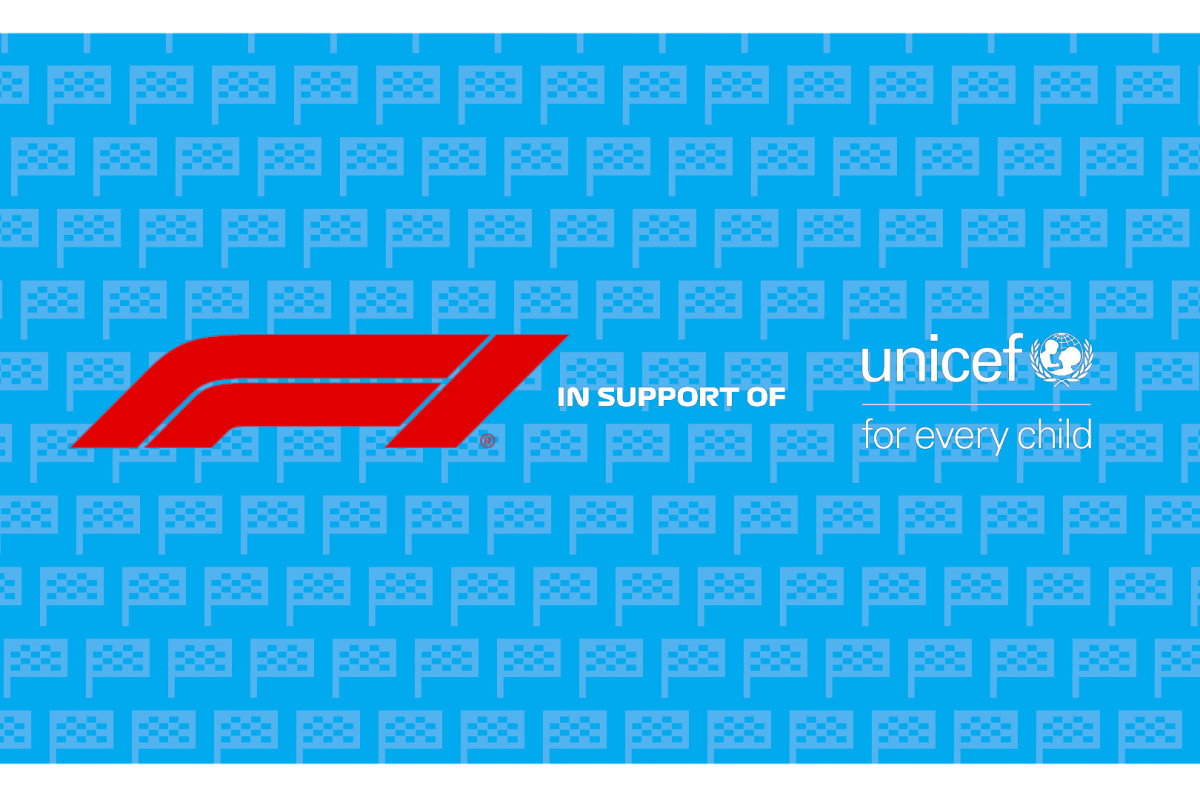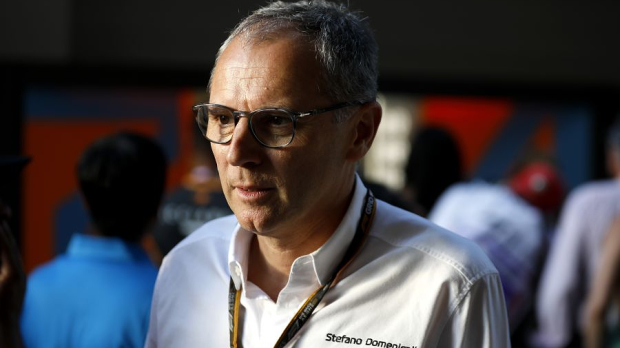
Latest News

Australian Grand Prix
Australian Grand Prix 2026: Dates, tickets and our Melbourne fan guide to the next F1 race
- Yesterday 23:01

F1 News & Gossip
F1 teen Kimi Antonelli given £240,000 Mercedes 'company car'
- Yesterday 21:57

F1 News & Gossip
Lando Norris fears problem F1 has not seen for 38 YEARS
- Yesterday 21:13

Aston Martin
Adrian Newey claims Aston Martin F1 could have THREE cars in 2026
- Yesterday 20:27

F1 News & Gossip
F1 legend Fernando Alonso targeted for sensational McLaren return
- Yesterday 19:43

Christian Horner
Christian Horner toilet ritual paved the way for Red Bull F1 glory
- Yesterday 18:59
Most read

20.000+ views
Lewis Hamilton gets new race engineer after Ferrari split
- 20 january

15.000+ views
Daniel Ricciardo is back in F1, but this time it's different
- 31 january

15.000+ views
'It just feels right': F1 fans rejoice as Red Bull finally answer Daniel Ricciardo prayers
- 17 january

10.000+ views
Audi F1 2026 car launch today: Watch the big reveal LIVE NOW
- 20 january

10.000+ views
F1 News Today: Adrian Newey ‘furious’ as McLaren unveil test car
- 26 january

10.000+ views
F1 2026 WAGs: Lewis Hamilton is 'dating Kim Kardashian'?
- 2 february




























 Grand Prix of Australia 2026
Grand Prix of Australia 2026  Grand Prix of China 2026
Grand Prix of China 2026  Grand Prix of Japan 2026
Grand Prix of Japan 2026  Grand Prix of Bahrain 2026
Grand Prix of Bahrain 2026  Saudi Arabian Grand Prix 2026
Saudi Arabian Grand Prix 2026  Grand Prix du Canada 2026
Grand Prix du Canada 2026  Grand Prix De Monaco 2026
Grand Prix De Monaco 2026  Gran Premio de Barcelona-Catalunya 2026
Gran Premio de Barcelona-Catalunya 2026  Grand Prix of Austria 2026
Grand Prix of Austria 2026  Grand Prix of Belgium 2026
Grand Prix of Belgium 2026  Grand Prix of Hungary 2026
Grand Prix of Hungary 2026  Grand Prix of Azerbaijan 2026
Grand Prix of Azerbaijan 2026  Grand Prix of Singapore 2026
Grand Prix of Singapore 2026  Gran Premio de la Ciudad de Mexico 2026
Gran Premio de la Ciudad de Mexico 2026  Grande Prêmio de São Paulo 2026
Grande Prêmio de São Paulo 2026  Qatar Grand Prix 2026
Qatar Grand Prix 2026  Grand Prix of Abu Dhabi 2026
Grand Prix of Abu Dhabi 2026 